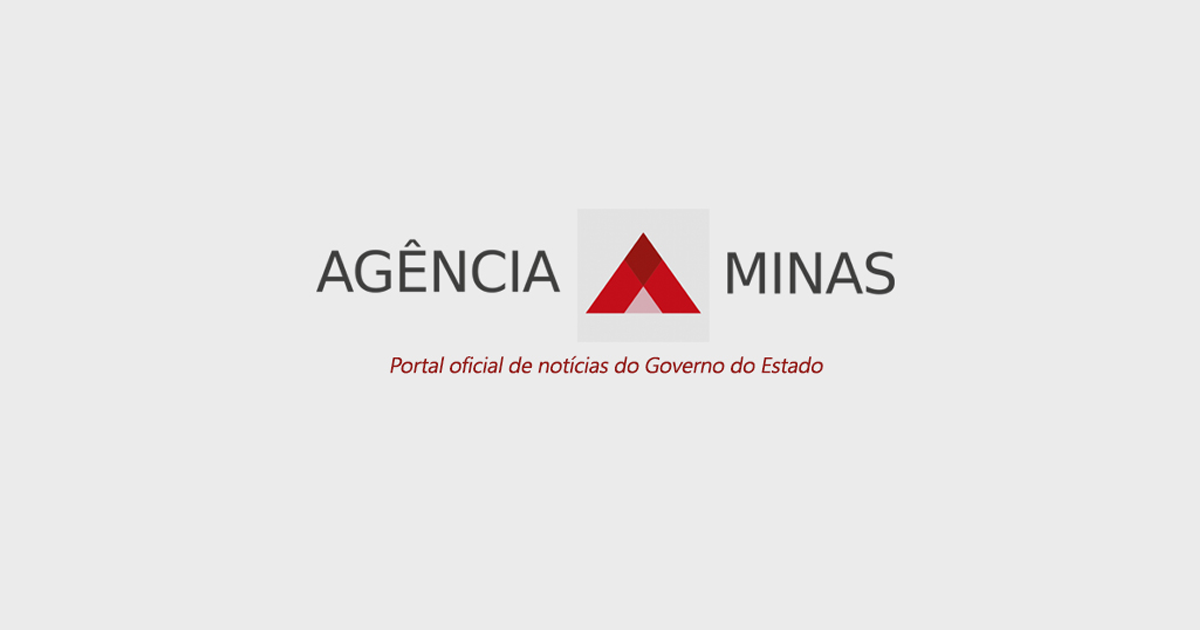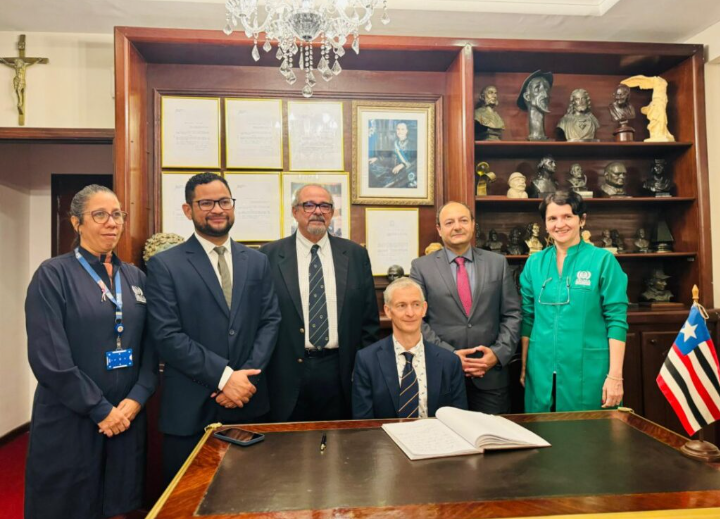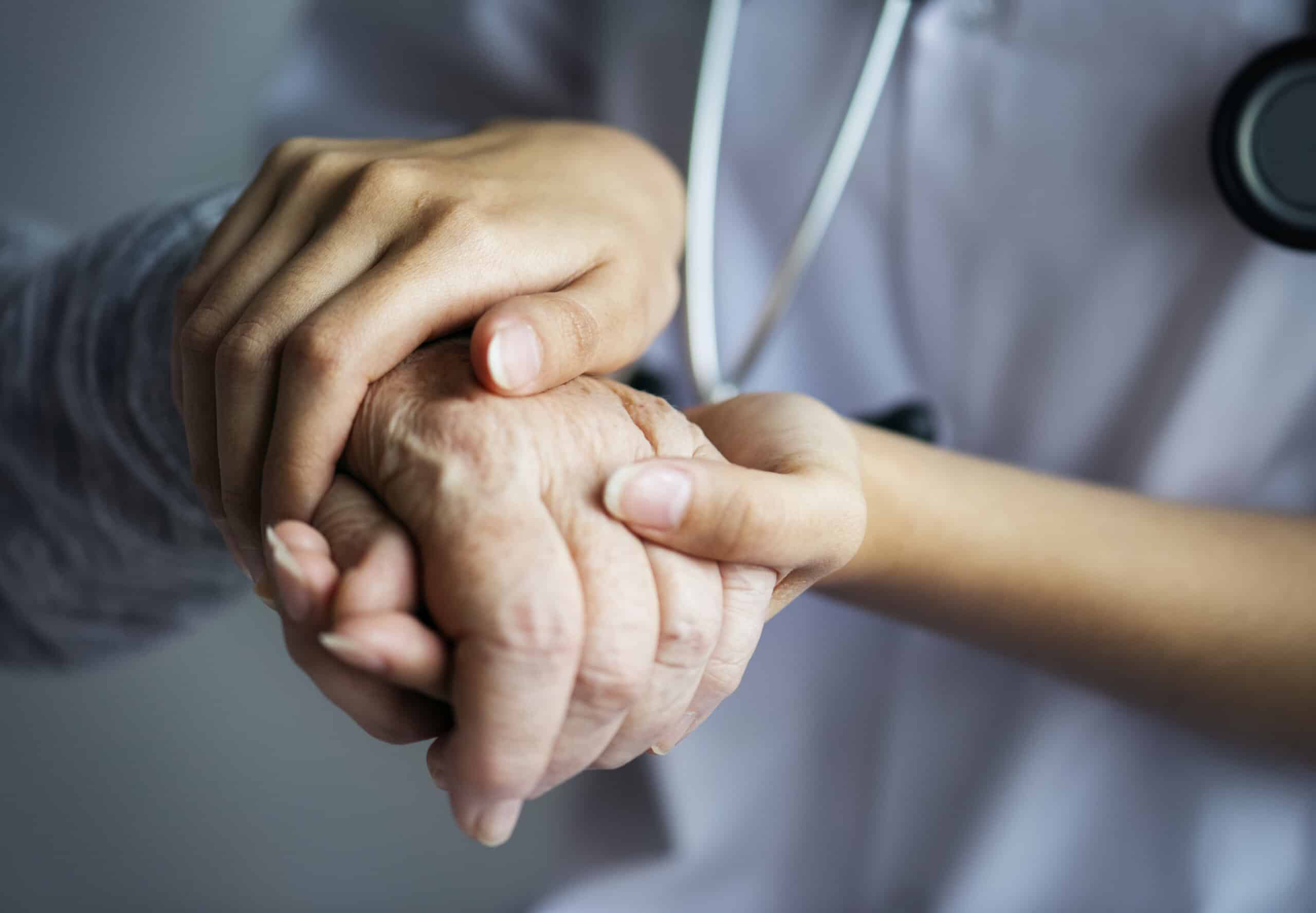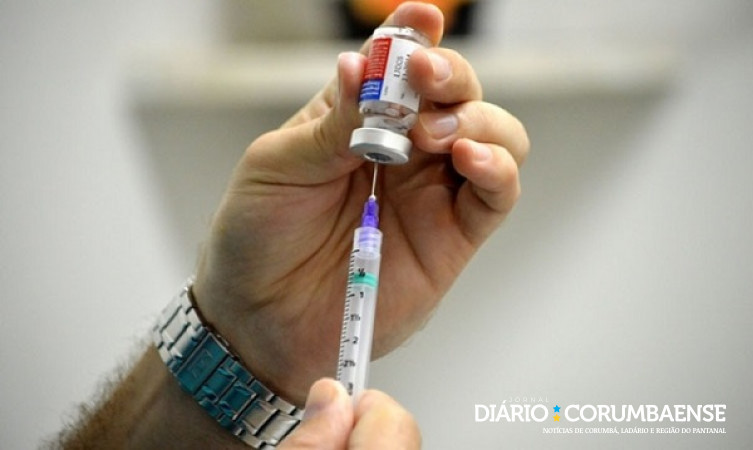
The proposal developed by the Directorate for the Promotion of Housing Policy (DPPH) in State Secretariat for Social Development of Minas Gerais (Sedese-MG) It has been selected, along with nine other ideas from across Brazil, to participate in the Accelerator of Nature-Based in Cities (SBN-Accelerator) program implemented by the WRI Brasil Research Institute. The proposal by DPPH includes the design of Parque Linear Rio das Velhas and Ribeirão do Prata for Raposos Municipality, Belo Horizonte Metropolitan Region (RMBH), which has suffered from floods in recent years.
The program, which has no precedent in the country, has selected projects at an early stage in order to support their maturity and structure, with the aim of increasing financing and implementation possibilities. After selection, in September 2022, the first online training took place on 1/17, with the start of the first module of the orientation process offered by WRI Brasil. The first face-to-face meeting, which marked the beginning of the training activities of the SBN-Accelerator, took place on 2/6 and 7/2 in Niterói (RJ), and involved 23 people responsible for the 10 projects from all over Brazil. One of DPPH’s representatives at the event was technical advisor Marcela Fritz de Oliveira, who spoke about the importance of the work.
“During the past few years, it was possible to realize more clearly the acceleration of the global warming process caused by human actions, with the continuing occurrence of catastrophic and deadly floods and landslides. Faced with this reality, the Public Health Department has increasingly recognized the importance of thinking about and developing measures with the authorities The other is to contribute to the urban development of cities so that they become more resilient and inclusive. Considering the competence of the Department of Public Health and the direct relationship of these disasters to the way cities have historically expanded and the insecurity of the right to adequate housing, we have submitted the proposal to the World Resources Institute to participate in the program,” he explained. .
On this occasion, all participants paid an artistic visit to Parque Orla Piratininga, an ambitious urban project based on nature in the city of Rio de Janeiro. The park combines measures to restore ecological systems, water treatment, landscaping, public lighting, rehabilitation of existing roads and accesses, as well as installation of equipment for public use by residents.
DPPH proposal
Raposos was chosen by the Sedese-MG team for being one of the municipalities most vulnerable to disasters during the rainy season, as evidenced by a study conducted by the Geological Survey of Brazil, linked to the Ministry of Mines and Energy. It is a municipality that suffers successively from floods, which leads to an increase in the number of displaced and homeless families.
Therefore, the proposal aims to mitigate the effects of these floods and generate benefits from SBN adoption, such as protecting waterways and increasing biodiversity; Promoting the right to adequate housing for affected families and those in risky situations; Rehabilitation of public areas by providing health, well-being and entertainment, in addition to promoting citizenship by adopting methodologies for social participation in the city’s transformation processes.
“Our proposal is in its initial stage and the idea is that with the guidance and training provided by the program we can develop it so that in the future it will be possible to implement it as a pilot project in Raposos. We want to reduce the floods that occur there and make the city a promoter of the ecosystem and environmental services. Participation in the accelerator is an important opportunity To coach us on the topic and to point out other actors who might come to work together in developing this project and to identify fund-raising opportunities,” Marcella continued.
Objectives to be achieved
Seeing what can be done with the accelerator, DPPH has also provided planning if fundraising is effective: implementation of a multifunctional linear park along the Rio das Velhas and Ribeirão do Prata; riverine forest restoration; Construct rain gardens, basins, and water retention ponds at strategic locations for floods and intense water flows along rivers and the city.
The program to accelerate nature-based solutions in cities, implemented by the WRI Brasil Research Institute, is supported by the Boticário Group Foundation; funding from the Caterpillar Foundation and the UK Department for Environment, Food and Rural Affairs (Devra UK); and the partnership between Cities4Forests and the Urban Bioconnection Alliance.
In addition to Marcela, Isabella Alves Light, Director of Housing Policy Promotion, and Bernardo Resende Alves, Technical Adviser at DPPH, represented El Sedisi at the face-to-face meeting. DPPH’s technical advisor, Nubia Alaine Costa Lorenzoni, was unable to attend the event, but is also part of the technical team responsible for the project.

“Friendly zombie guru. Avid pop culture scholar. Freelance travel geek. Wannabe troublemaker. Coffee specialist.”






